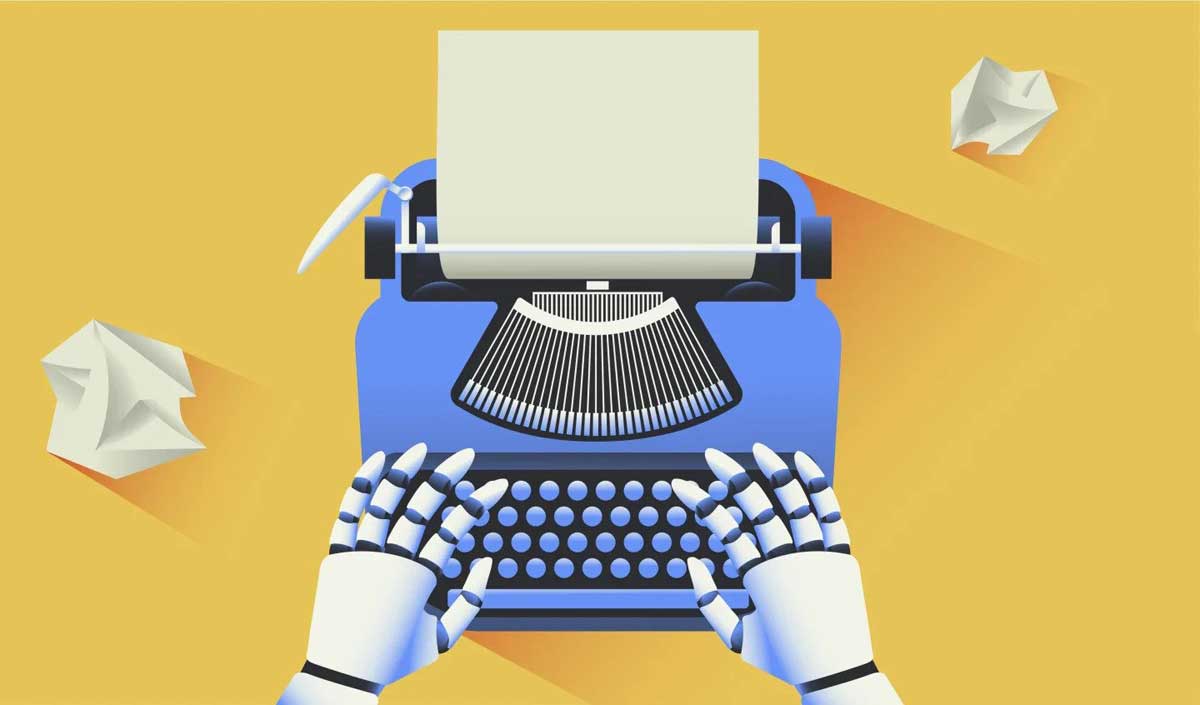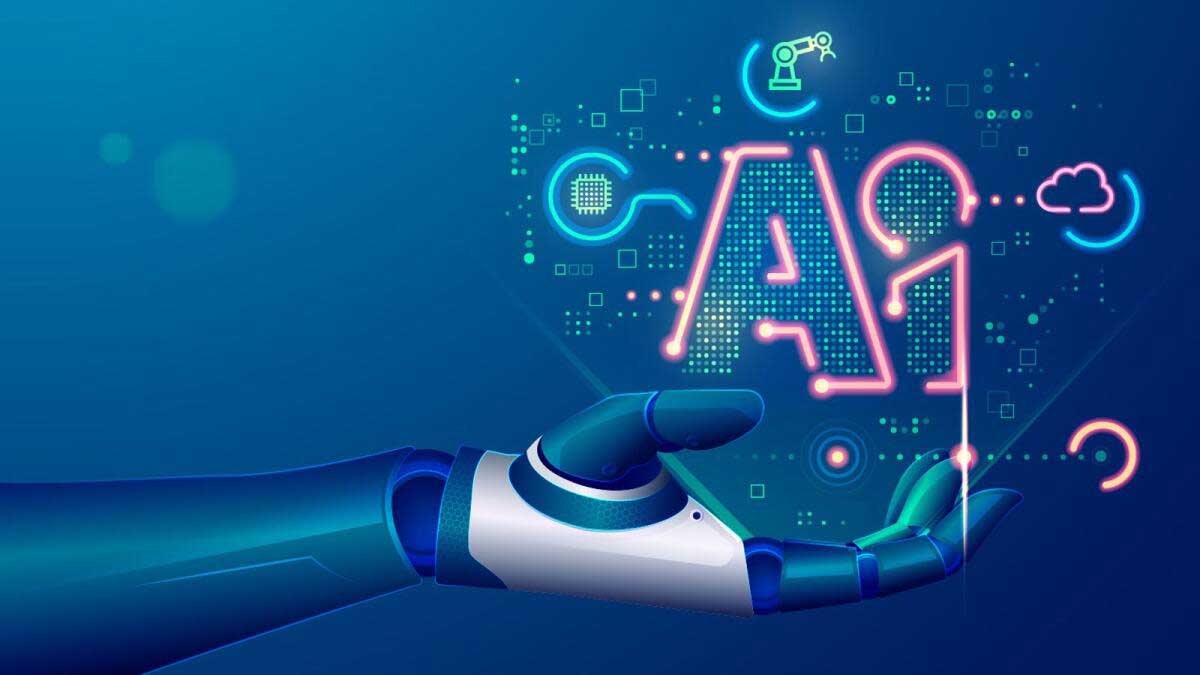Artificial Intelligence (AI) has emerged as a transformative technology in various fields, and education is no exception. The integration of AI in the educational landscape brings forth numerous benefits that can revolutionize the way we learn and teach. Here are some compelling reasons why AI should be used in education:
Personalized Learning
Every student has unique learning styles, strengths, and weaknesses. AI can analyze vast amounts of data about individual students, such as their performance, preferences, and progress, to create personalized learning experiences. With AI-powered adaptive learning systems, students can receive tailored content, pacing, and feedback that cater to their specific needs, promoting better engagement and understanding.
Intelligent Tutoring
AI-powered intelligent tutoring systems can provide personalized assistance and support to students. These systems can identify areas where students struggle and offer targeted interventions, explanations, and practice exercises. By providing immediate feedback and adapting to individual learning patterns, intelligent tutoring systems can enhance students’ comprehension and mastery of subjects.
Data Analysis and Insights
Educational institutions generate massive amounts of data, ranging from student performance to resource utilization. AI can efficiently analyze this data to uncover valuable insights. By identifying trends and patterns, AI can help educators make data-driven decisions to improve teaching methods, curriculum design, and resource allocation. It enables administrators to track student progress and intervene when necessary, leading to more effective educational outcomes.
Automation of Administrative Tasks
Educators spend most of its time and effort on administrative tasks, such as calculating grades, scheduling, record-keeping and creating a lesson plan. AI can automate these routine tasks, freeing up valuable time for educators to focus on instruction and mentoring. By streamlining administrative processes, AI can help reduce workload and increase overall productivity in educational institutions.
Access to Quality Education
AI can bridge the gap between students and quality education, especially in underprivileged areas or regions with limited educational resources. AI-powered online platforms can deliver educational content, courses, and tutoring to students remotely. This extends educational opportunities to those who may not have access to traditional schooling due to geographic or economic constraints.
Enhanced Collaboration and Communication
AI tools can facilitate collaboration among students and educators. Virtual classrooms equipped with AI-based communication tools enable seamless interaction and knowledge-sharing. AI-powered language translation tools can break down language barriers, fostering global connections and cultural exchange. These collaborative environments promote active learning, critical thinking, and the development of essential 21st-century skills.
Lifelong Learning and Skill Development
In today’s rapidly evolving world, continuous learning and upskilling are essential. AI can assist in designing personalized learning pathways that align with individual goals and career aspirations. AI-powered recommendation systems can suggest relevant courses, resources, and learning materials based on learners’ interests and previous achievements, fostering a culture of lifelong learning.
In conclusion, AI holds tremendous potential to transform education by personalizing learning experiences, providing intelligent tutoring, analyzing data, automating administrative tasks, expanding access to quality education, promoting collaboration, and supporting lifelong learning. Integrating AI into education can help create a more inclusive, engaging, and effective learning environment for students worldwide, preparing them for success in the digital age.





Leave A Comment